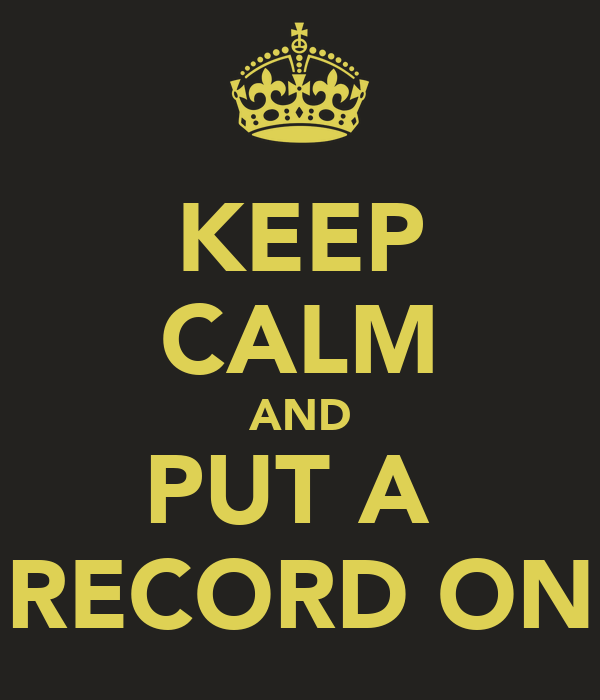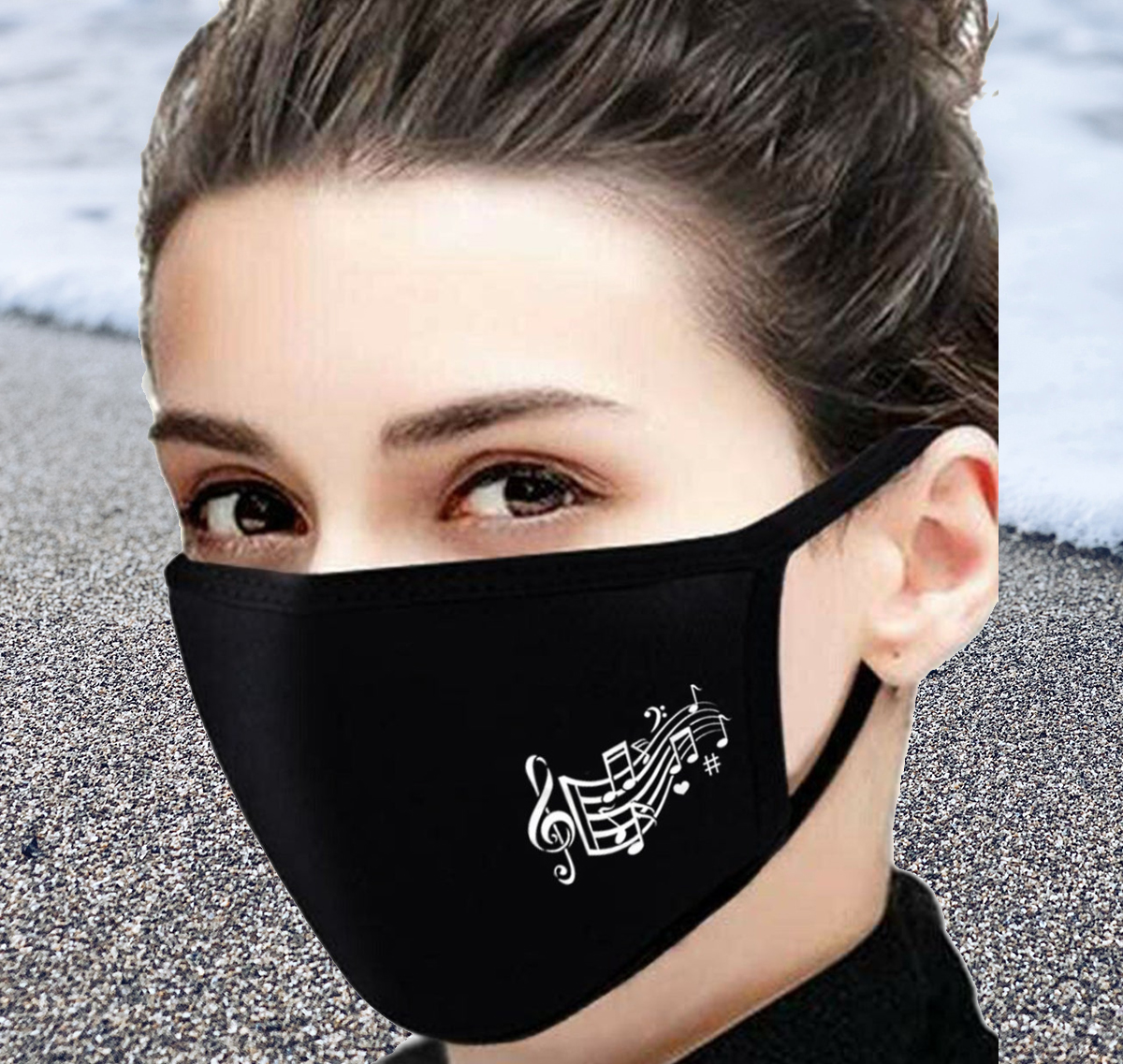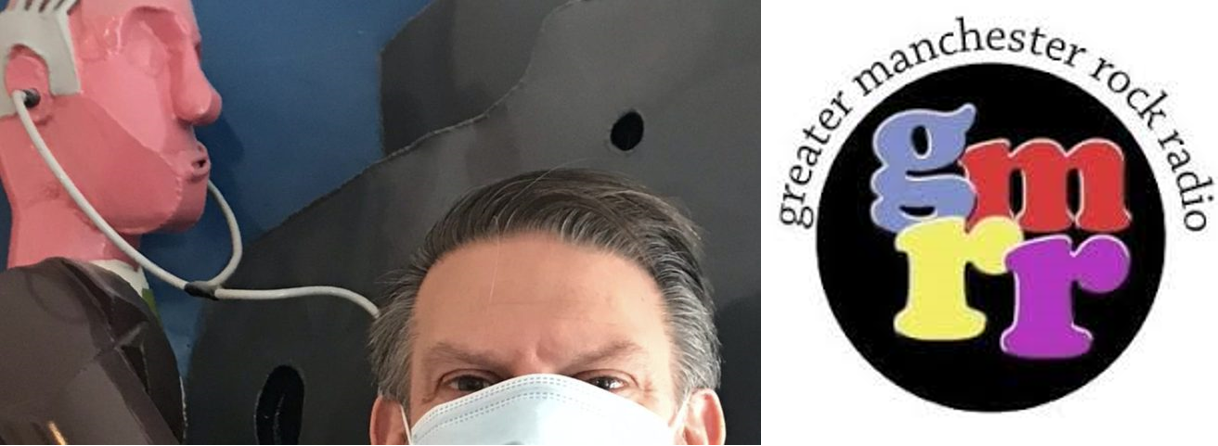
A conversation that keeps repeating itself.
Me: So, how are you doing?
Everyone I talk to: Well, you know.
Me: Yeah, I know.
No matter who you are in this great big world – rich, poor, unemployed, a CEO, an hourly worker, a DJ, a station owner – the last several months have been an ordeal, a test, a challenge. In some of the COVID research we’ve conducted these past few months, a descriptor that many say applies to them is the sense of “feeling up and down.”
Amidst the incessant gloom, doom, and uncertainty, some people report how their COVID time has been strangely uplifting – a chance to reconnect with others, slow things down, and get in better touch with our physical and emotional health.
For others, however, the not-knowing-what’s-next nausea is truly disconcerting and uncomfortable.
So, how do we cope with this wide range of emotions personally and professionally? And what does the pandemic reveal about our relationships with our companies, our audiences, and our advertisers?
In the research we’ve designed to learn more about the pandemic, we’ve been as interested in the audience’s mindset as we are in their media habits and locations since March. One thing has very much to do with the other. Since the virus became a “thing,” I find myself reading whatever I can get my hands on that addresses mood and state of mind because they play an important role in how people choose and process entertainment, information, humor, and ideas.
Right now, are they seeking investigative information and opinionated vitriol? Or are they seeking tranquility, escape, and comfort?
 I will leave the politics of COVID to the many talk show hosts on the airwaves who must know better than me about what people want – especially in this incendiary climate.
I will leave the politics of COVID to the many talk show hosts on the airwaves who must know better than me about what people want – especially in this incendiary climate.
I think back to a talk Randy Michaels gave at one of Don Anthony and Gabe Hobbs’ Talk Show Boot Camps about why the talk radio format rapidly evolved into a hot bed of conservative gaggle.
Of course, Randy famously was the force behind moving the iconic WLW to the right, which started the tsunami. But interestingly, it didn’t necessarily have to be that way:
“(WLW) could have been liberal,” he told me. “I was planning to do female and apolitical on 55 KRC but modified that plan to match the sports and male profile of WLW.”
Would liberal talk have worked as well on the radio? We’ll probably never know. Again, it comes back to reading the room at a key moment in time.
But here we are in a deeply tribal chapter in our history where fear and loathing are running rampant on both sides of the aisle. In this dangerous environment, what speaks to the mood of the radio audience? What provides them with comfort and solace during “these uncertain times?”
Music, of course. But not just any old songs or genre. A thought-provoking story in The Conversation by a group of European academics says it has  a lot to do with nostalgia and what it evokes from people.
a lot to do with nostalgia and what it evokes from people.
Their story, “How coronavirus made us nostalgic for a past that held the promise of the future,” suggests that it’s not just about music, but also rediscovering traditional hobbies and pastimes like baking, knitting, and gardening.
The authors say this “nostalgia frenzy” speaks to the greater sense of angst and uncertainty so many of us are experiencing. These familiar, traditional activities provide a “comfort zone” or “safe harbor,” taking people away from the breaking news of today, or worse, worrying about the future.
They also posit that nostalgia doesn’t have to connote being mired in a moldy past. In fact, they suggest it can be “progressive and forward looking.” And they submit that nostalgia can actually “leverage the past to create a better present and future.”
And a more entertaining one. You very likely saw the Williams twins – Tim and Fred – last week online. They are YouTube stars, basing their fame on discovering Classic Rock songs. And their reactions to that bombastic drum explosion in Phil Collins’ mega-hit “In The Air Tonight” are hilarious. Their video is a fascinating reminder that a couple of young guys are getting off on a 40 year-old hit by a Brit rocker, while turning on millions to a song they’ve never experienced before.
Here’s a short clip from the longer video that hilariously plays the Phil Collins’ hit in its entirety.
Their “First Time Hearing” video series (they’ve done Hendrix, Springsteen, and even Dolly Parton) speaks to this sensation of nostalgic discovery.
And as Columbia University prof Christopher Washburne told The New York Times’ Sandra E. Garcia, the Williams twins “are turning on their peers to music of their parents’ generation and showing them how and what to appreciate. They are emotional guides giving us instruction and how to feel.”
Last I checked, their video has racked up north of 5 million views. And even more impressive, “In The Air Tonight” shot up to #2 on iTunes earlier this week.
There’s been a similar impact for Ratt’s 1984 glam metal hit “Round and Round.” The band and their biggest hit were featured in a goofy Geico TV commercial – and the song has been “rediscovered” by millions.
https://www.youtube.com/watch?v=0o5cpVdaO0A
Like “In The Air Tonight,” Ratt’s anthem re-entered the Billboard charts in 2020, 36 years after the song was originally released. “Round and Round” made it to #12 on the Billboard chart when it was released. Thanks to 9 million views on YouTube, and 10,000 airings of the Geico spot, the song is arguably a bigger hit today.
Multi-generational nostalgic discovery has become a force. It is especially noteworthy how younger people have gleaned exposure to music their parents (and grandparents) enjoyed.
But can music truly be uplifting and provide a source of escape and peace of mind? A UK community radio station – Greater Manchester Rock Radio – wants to find out.
They’ve started a mashup of music and mental health in the form of a weekly show, “Keep Calm and Put a Record On.” It airs on Sunday nights, and is replayed on Monday afternoons.
of a weekly show, “Keep Calm and Put a Record On.” It airs on Sunday nights, and is replayed on Monday afternoons.
Hosted by a mental health nurse and rock fan, Alex Hope, the show is eliciting kudos from the audience as well as musicians. A story in the Saddleworth Independent by Gemma Carter quotes Rainbow and Argent singer and guitarist, Russ Ballard, a fan of this new on-air experiment.
The healing power of nostalgic music?
As Lou Reed famously reminded us, “Her life was saved by rock n’ roll.”
Keep calm. Put a record on.
The face mask shown is available here.
Special thanks to Scott Westerman and Bill Jacobs.
- What To Do If Your Radio Station Goes Through A Midlife Crisis - April 25, 2025
- A 2020 Lesson?It Could All Be Gone In A Flash - April 24, 2025
- How AI Can Give Radio Personalities More…PERSONALITY - April 23, 2025




Music soothes the savage beast. For example, a ready-for-action oldies format with Dick Summer imaging is extremely comforting, connecting and poised to deliver dollars. Very listenable and doesn’t sound dated. Stay tuned. Here’s to another safe & calm weekend.
My friend who owns a Independent record store told me since getting back open.Vinyl sales are through the roof. And everyone is looking to buy a new or used turntable. To make me feel better as of late. I did a marathon with the band Chicago. Think it was late 70s they realeased a whole concert. 5 album box set . One of the 1st of its kind. I listened to the whole thing strait through while enjoying the sunshine on the deck with coffee. With current situation I can say Records and Music keeps me happy and hopeful
And calm! Always wonderful to hear from you, Scott.
Let the underlying assumption never be forgotten, ie, that music is art and provides refuge, solace, inspiration, relaxation, and so many other things–and therefore must be continually recreated and supported. Some liken our pandemic response to a “war” scenario. I’m reminded of the story of Winston Churchill’s being told during WW2 by one of his defense ministers that arts funding needed to be cut to support the war effort. He replied, “Then what are we defending?”
Great story, John. Thanks for telling it.
Recently, I came across (or rediscovered) the “Ibero.2” secondary channel of Mexico City’s noncommercial XHUIA. It apparently was relaunched a few months ago with this coronavirus-related post…
https://ibero909.fm/blog/ibero2-musica-para-pensar
Google Translate works well on the overall text, but the lead sentence is, “The best way to survive quarantine is through musical exploration.”
P.S.: I concur with the others who’ve been urging you to continue posting. I have time pressures of my own, and so can’t read as much; however, I still do try to keep up.
Eric, thanks for adding to this conversation.
And the words of encouragement about the blog are most appreciated. Thanks for engaging.
I love the Williams’ twins!! Meanwhile, music definitely soothes my soul and I often post on FB as “your rock & roll doctor” and post songs as remedies for trying times. Of course, they’re songs that help me and I share them w my “friends”. P.S. I’m a Rock & Roll Doctor of Music, not to be confused with the R & R Doctor comedy bit by Travesty Ltd. LOL!
If there’s a good song to ward off a pandemic, Caroline, let me know.